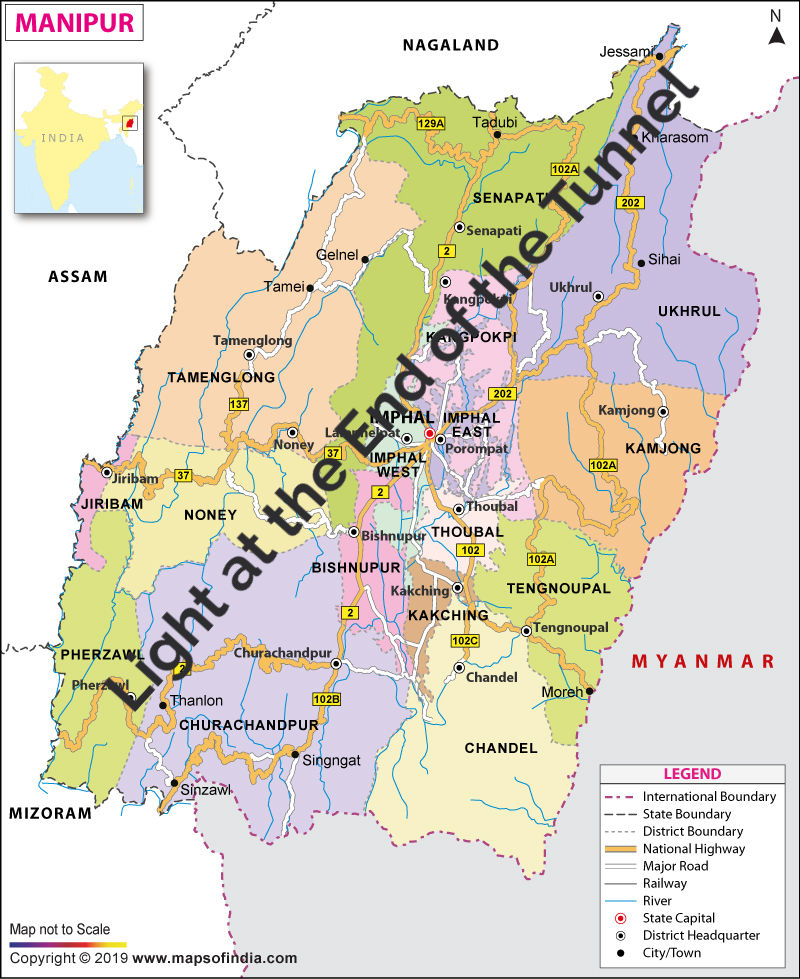Myanmar Forecast September – Military Attempts to Seize Initiative Before Polls
- Security Risks Research
- Sep 12, 2025
- 3 min read

With staunch support by China which is cracking the whip on the Ethnic Armed Organisations, Myanmar Military under the political cloak of State Security and Peace Commission (SSPC) the new form of State Administration Council (SAC), formed by Snr. Gen. Min Aung Hlaing formed on August 01 with in-service and retired generals is attempting to seize the initiative ahead of the elections, first phase of which is on December 28th. How will these pan out ahead – an all stakeholders perspective -
International Relations. Given the approach of the United States Administration under President Donald Trump and the placid approach of the UN Security Council (UNSC) due to geopolitical divisions and limited enforcement tools, the junta’s entrenched defiance is unlikely to see any diplomatic obstacle for the elections planned by the SSPC. China and Russia could use veto powers to block any resolution in the UNSC even though this is unlikely. The Council’s reliance on ASEAN’s Five-Point Consensus has been defied by the SSPC is another indication of lack of adequate ability of the UNSC to influence political situation in the country. The appeals by the National Unity Government [NUG] political resistance to the military to denounce the polls is expected to largely go unheard even as globally and regionally there are other priorities such as the “Trump” tariffs concerns. There could be a debate on the Rohingya repatriation and relief primarily led by Bangladesh but the Myanmar SSPC which is unrepresented so far in the UN General Assembly where the seat continues to be held by a representative of the previous government led by Daw Aung Suu Kyi, will remain unconcerned by these developments.
Regional Relations. China will continue to be the strongest support for the SSPC and the military. Beijing will continue to exert pressure on Myanmar’s ethnic armed organizations (EAOs) to protect its strategic interests. Beijing imposed a “Five Cuts” strategy—severing electricity, water, internet, supply chains, and manpower—to curb the momentum of EAOs like the MNDAA and TNLA in the Shan State and this is expected to now include the Arakan Army and the Kachin Independence Army areas as well. India is also supporting holding of the polls as a hope for stability in the murky political and security environment in the country. A four-member Association of Southeast Asian Nations (ASEAN) team will visit Naypyitaw on Sept. 19 for issues related to the planned election and implementation of ASEAN peace process, yet what this will achieve remains to be seen.
Political Developments. Myanmar regime is going ahead with the first phase of elections on December 28 and towards this end there are efforts to expand controls in the contested zones with a view to bring more townships under the government fold. The first phase is expected to include 102 of the 330 townships. Thus, an intensification of civil war will be evident in the coming months. The possibility of holding polls in phase 1 in all constituencies planned in a free and fair manner appears remote, yet this is seen as a façade to please the military’s supporters internationally and regionally with a stage-managed polls demonstrating controls with the people exercising their right to vote. The NUG and aligned forces have renewed determination to prevent holding of the polls.
Internal Security. Intense fighting is anticipated as the military attempts expand controls over wider areas while resistance opposes the same. Many of the affected townships are under anti-regime control or face active conflict, meaning elections may only occur in junta-held urban pockets. Moreover, there is an indication that the rural areas are under the NUG control thus the elections spread may be further restricted.
Defence. The central resistance force - People’s Defense Force (PDF) has been reorganized into 10 military regions to include Sagaing, Mandalay, Magway, Southern Shan–Kayah (Karenni), Naypyidaw, Bago, Yangon, Ayeyarwady, Tanintharyi, and a Special Military Region. This will provide a command chain thereby ensuring greater coordination of operations which will also have to include the EAOs. Coordination and poor command and control were a decided weakness. The military in turn is expected to increase drone and air attacks to suppress the resistance regardless of civilian casualties with a view to impose fear in the population for supporting the armed groups.
Economy. The Economist warned in 2024 that Myanmar will be politically fractured and economically fragile in 2024-28, and businesses are advised to exercise extreme caution in their operations and planned investments. In 2024-28, economic growth will remain below the steady expansion of 6-7% in the 2010s, at no more than 2% throughout, and the economy will not return to pre-pandemic levels by 2028. A year after there is no change envisaged in the estimate, in fact the situation may have deteriorated.




Comments